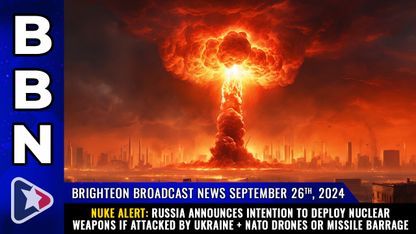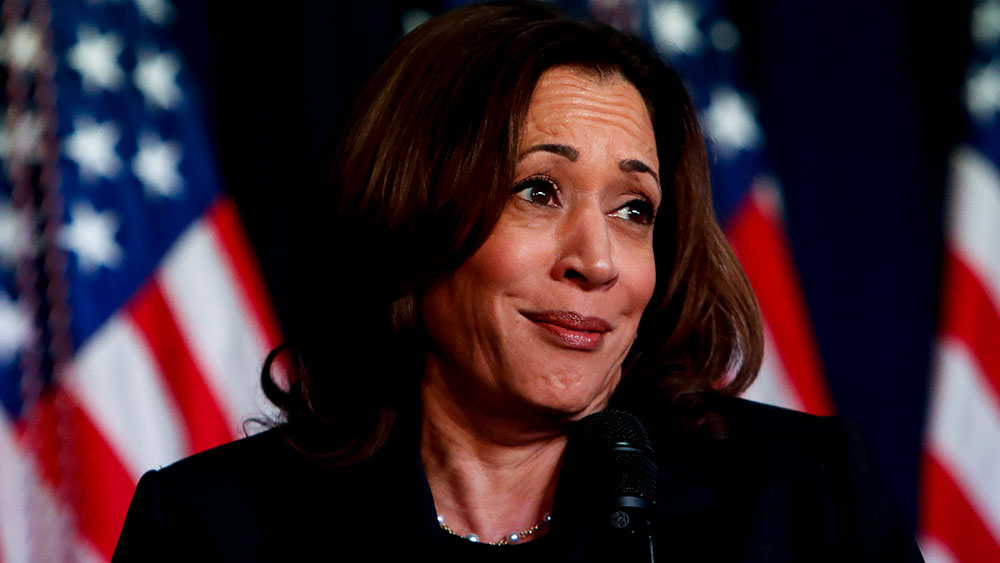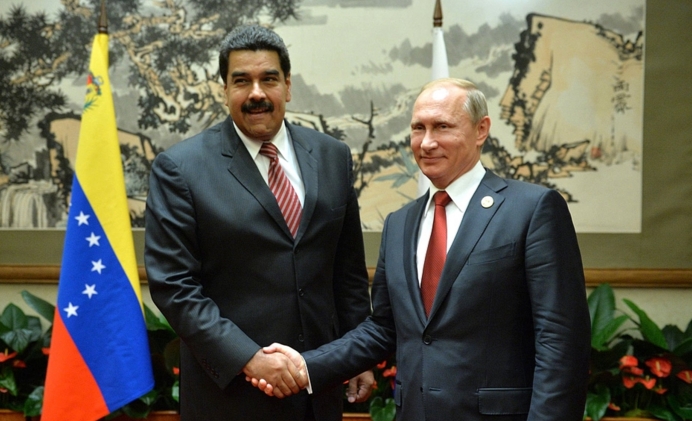
The threat came in a rally over the weekend, when the president referred to past military interventions in other countries, saying: "We must be very strong so that Israel cannot strike Palestine. Just like we entered Karabakh and the way we entered Libya, maybe we'll do the same thing. There’s nothing we can’t do. We have to be strong.”
He stopped short of specifying what type of intervention he had in mind, but Erdogan has not been shy in his criticism of the Israeli offensive in Gaza.
His comments come as tensions continue to rise between Israel and Hezbollah, a militant group that is backed by Lebanon. Conflicts between the Israelis in West Jerusalem and Hezbollah are beginning to approach a war-like level, and the situation wasn’t helped by the rocket attack in the Golan Heights this weekend.
In that incident, 12 children who were playing on a soccer field were killed in the Israel-occupied Golan Heights; at least 44 people were injured. Both Israel and the U.S. have blamed Iran-backed Hezbollah for the attack, although the group denies any involvement, and Israel has promised to retaliate. Israeli Defense Minister Yoav Gallant vowed to “hit the enemy hard.”
The attack, which involved around 30 projectiles sent into Israeli territory from Lebanon, was the deadliest in the Jewish state since the October 7 attacks by Hamas, and Israeli warplanes have already carried out airstrikes against a series of Hezbollah targets inside Lebanon, according to a military statement.
Not long after Erdogan’s comments, Israeli Foreign Minister Israel Katz commented on social media that he believed the Turkish president was “following in the footsteps” of the former Iraqi dictator Saddam Hussein, who was captured in 2003 by American forces while he was hiding in a hole in the ground outside of a farmhouse; he was subsequently executed.
Katz wrote: “Just let him remember what happened there and how it ended.”
The comment only heightened the rhetoric further, with the Turkish ministry of foreign affairs comparing Israeli Prime Minister Benjamin Netanyahu to dictator Adolf Hitler in a post on social media.
The ministry wrote: “Just as genocidal Hitler ended, so will genocidal Netanyahu. Just as the genocidal Nazis were held accountable, so will those who try to destroy the Palestinians. Humanity will stand by the Palestinians. You will not be able to destroy the Palestinians.”
Wider conflict could be brewing
As the war in Gaza entered its sixth month in April, Turkey began restricting some exports to the Jewish state, prompting Israel to say it would end a free trade agreement between the countries in retaliation. At the time, Israeli Finance Minister Bezalel Smotrich indicated that they could have a change of heart should Erdogan be replaced by a new leader who is “sane and not a hater of Israel.”
These exchanges have some observers worried that a wider regional conflict could be brewing. Although Erdogan has been known to use this type of language in the past in hopes of appealing to his Islamist support base, Turkey has NATO’s second-biggest military and has a history of intervening in the region.
One official told CNN that although intelligence analysis shows the strike was indeed carried out by Hezbollah, they do not think it was intentional and believe that Israel will respond but will not be seeking to spark a broader conflict.
Sources for this article include:
Please contact us for more information.

















